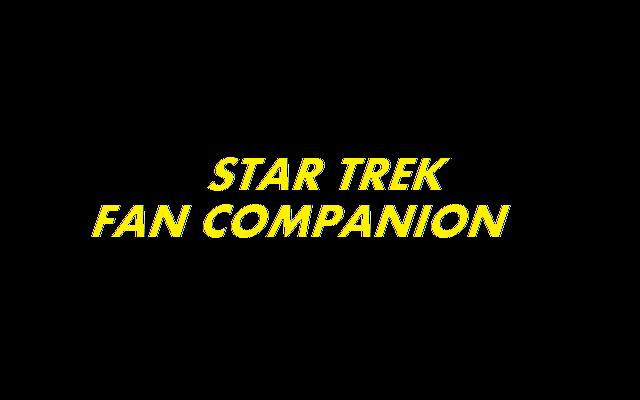The second season of the series begins on one of the most assured notes of the whole three-season run, deeply immersed in character and continuity, not just existing lore, but building, basically, Vulcan society from the ground up. That's "Amok Time."
It's the one where Spock suffers from pon farr, the mating drive you might find in your pets. On a level you can probably ignore, the episode is yet another of those excuses for one of the characters to act against type. This is a rare instance where that story archetype is transcended.
This is the first time the relationship between Kirk and Spock actually means something. For most of the series, their camaraderie, along with McCoy, is just a given, the lead characters who quip and observe together every episode, friends (and friendly rivals). As Spock's condition worsens, they're forced to go to Vulcan itself, which eventually ends up in a fight between Kirk and Spock. At the end of this fight, Spock believes he's killed Kirk. The ending is an all-time classic when Spock realizes this isn't really the case.
There's also a tease of Nurse Chapel's attraction to Spock, which became Chapel's defining legacy. For a character that hadn't really been seen since the start of the previous season, and wouldn't really make another significant appearance, this might have been ultimately forgettable. There were a lot of minor characters who made a lot of appearances in the series. Chapel might have been no different. But "Amok Time" gave her depth, like it gave depth to everything else about it.
Spock's Vulcan lineage was usually, in the series, just an excuse to feature him as the token alien in Kirk's crew. As a series, there was not a lot of thought put into most of the details about the Star Trek world. Besides things like the mind meld and other weird abilities and physiology, being Vulcan didn't mean a whole lot. There was no culture behind the concept, until "Amok Time." Suddenly it was blown wide open. We saw an alien culture in the series for the first time, not just a problem-of-the-week experience, but one that meant something to the characters, not as an aside, not as a random detail, but as a prominent element of the episode.
The way it was handled, Spock's condition, was also unusual. Usually the condition would be drawn out until the end of the episode and then explained, and clearly the whole point was to create suspense, rather than actually explore the story and its implications.
Anyway, "Amok Time" became a part of Star Trek history, and instantly set the second season on a distinctively different course than the first one, a more confident and assured one. It has every indication of the creators really knowing for the first time what they wanted to do with the series. So we end up with another classic, a touchstone in every sense.
franchise * series * essential * character
notable guest-stars:
Majel Roddenberry
Lawrence Montaigne
